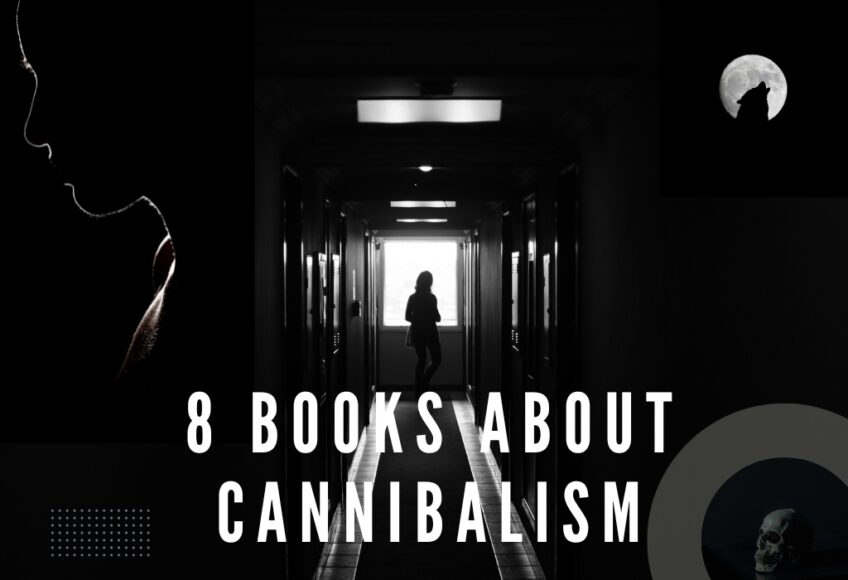Cannibalism, the act of eating one’s own species, is one of the most taboo and disturbing topics in human history. However, it has also been a recurrent theme in literature, from ancient myths to contemporary novels. Books about cannibalism can be fascinating, repulsive, or thought-provoking, exploring the limits of human behavior, morality, and survival.
Some authors use cannibalism as a metaphor for power, domination, or social critique, while others depict it as a primal urge, a survival strategy, or a cultural practice.
In this article, we will delve into some of the most notable books about cannibalism, examining their themes, styles, and impact on literature and society. Whether you are a horror fan, a cultural historian, or a curious reader, this guide will provide you with a comprehensive overview of the literary portrayal of one of humanity’s darkest taboos.
Nonfiction Books about Cannibalism
Cannibalism is a phenomenon that has been documented throughout history and in all parts of the world. Nonfiction books about cannibalism provide us with a unique insight into the subject, exploring various aspects of the act and its implications.
In this article, we will take a closer look at nonfiction accounts of cannibalism.
“The Ancestor” by Danielle Trussoni
“The Ancestor” is a nonfiction book by Danielle Trussoni that is not specifically about cannibalism. However, it is a part of the broader category of books about cannibalism that have gained popularity recently due to their chilling but fascinating subject matter.
“The Ancestor” is a genealogical mystery that follows the story of Alberta “Bert” Monte, a young woman who travels to a remote village in the Italian Alps to unravel the secrets of her family’s past. As she delves deeper into her ancestry, she discovers a family history that is darker and more tumultuous than she ever imagined, including tales of murder, deceit, and even the consumption of human flesh.
If you’re curious about books about cannibalism, “The Ancestor” is a must-read. Not only is it a gripping tale of family secrets and dark pasts, but it also offers a unique perspective on the taboo subject of cannibalism that is sure to captivate readers.
“The Man-Eating Myth: Anthropology and Anthropophagy” by William Arens
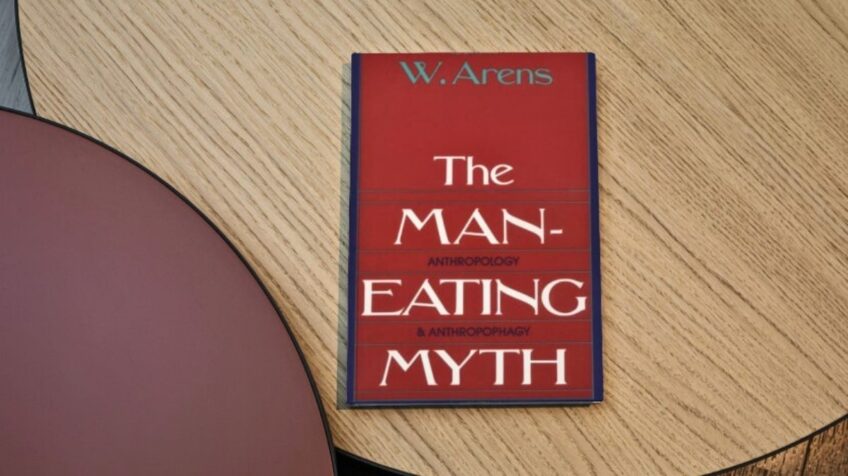
William Arens’ “The Man-Eating Myth: Anthropology and Anthropophagy” offers a compelling critique of the popular belief in cannibalism across cultures and history.
While many people associate cannibalism with savagery and barbarism, Arens shows that cannibalism is often a myth propagated by outsiders to demonize or exoticize other cultures. Arens’ research highlights the inconsistencies and flaws in the evidence for cannibalism and sheds light on the cultural biases that have influenced our understanding of this practice.
This book is an excellent resource for anyone interested in anthropology, cultural studies, and the history of human cannibalism. It challenges readers to question their assumptions about other cultures and to view the world through a more critical and nuanced lens.
Fiction Books about Cannibalism
It has long been a controversial topic in literature, from William Golding’s Lord of the Flies to Thomas Harris’ popular Hannibal Lecter novels. Reading fiction about cannibalism can be a fascinating way to explore the human psyche and learn about our cultural attitudes toward this taboo topic.
Here we’ll cover some of the best fiction books about cannibalism.
“Hannibal” by Thomas Harris
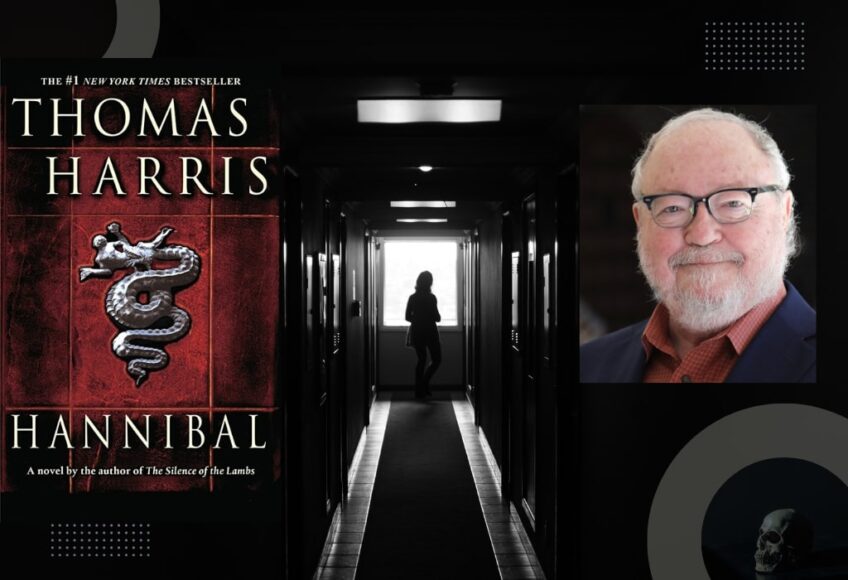
“Hannibal” by Thomas Harris is a must-read book that explores the psychology of a cannibalistic serial killer, Dr. Hannibal Lecter.
This book is a masterful work of fiction that draws the reader into the mind of a cannibal, showcasing the twisted yet intriguing workings of the human psyche. While the book features graphic descriptions of violence and cannibalism, it also offers a captivating narrative that will keep you hooked until the final page.
It has become a cultural icon, with multiple adaptations in film and television.
Whether you’re a fan of the horror genre or simply looking for a well-written and thought-provoking book, “Hannibal” is a powerful work that should not be missed.
“We Have Always Lived in the Castle” by Shirley Jackson
This is a work of fiction that explores themes of isolation, suspicion, and taboo subjects, but it is not a book about cannibalism, despite these themes. Instead, it is a gothic mystery novel that tells the story of two sisters, Constance and Merricat Blackwood, who live in an isolated mansion and are suspected of poisoning their family members. The book delves into the psychology of the characters and the effects of living in isolation.
Although the book does not deal with cannibalism, there are plenty of other books that do. Some examples include “The Silence of the Lambs” by Thomas Harris and “Alive” by Piers Paul Read. These books offer a deeper exploration of cannibalism, its cultural significance, and its portrayal in literature.
Pro Tip: Before reading a book, it is essential to research its themes and content to determine whether it is a good fit for you. It’s not always easy to stomach books about taboo subjects, so make sure you are prepared before diving in.
“The Silence of the Lambs” by Thomas Harris
“The Silence of the Lambs” by Thomas Harris is a thriller novel that explores the twisted mind and cannibalistic tendencies of Dr. Hannibal Lecter, a former psychiatrist turned serial killer.
This book about cannibalism is not for the faint of heart, as it delves deep into the gore and horror of human flesh consumption. The plot centers around FBI trainee Clarice Starling, who seeks Lecter’s help in catching another serial killer known as “Buffalo Bill.”
Harris’s writing is captivating and disturbing, and the character of Hannibal Lecter has become a cultural icon in the realm of horror and suspense fiction.
“The Silence of the Lambs” is not only a captivating read for fans of the genre but also a landmark work of popular culture that has spawned numerous adaptations and imitations in various forms of media.
Memoirs and Personal Narratives About Cannibalism
Cannibalism has a long history, from stories told around the campfire to documented accounts from travelers, anthropologists, and historians. In recent times, there have been several memoirs and personal narratives about the topic released to the public.
In this section, we will explore some of these accounts and discuss how they document and portray cannibalism.
“One of Us: The Story of Anders Breivik and the Massacre in Norway” by Asne Seierstad
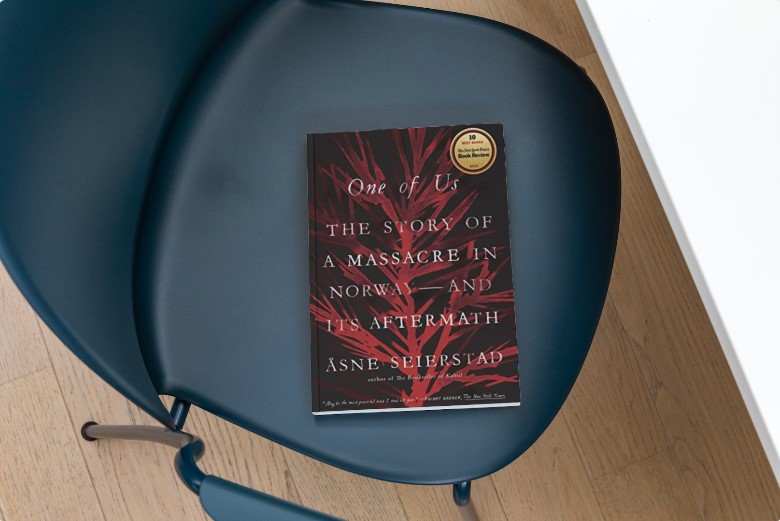
The book “One of Us: The Story of Anders Breivik and the Massacre in Norway” by Asne Seierstad is not a memoir or personal narrative about cannibalism but rather a factual account of the devastating impact of the massacre in Norway caused by a right-wing extremist, Anders Breivik.
The book delves into the background, motivations, and actions of Breivik, whose violent and hateful beliefs led him to carry out one of the deadliest mass shootings in history.
“American Psycho” by Bret Easton Ellis
“American Psycho” by Bret Easton Ellis is a controversial novel that explores the mind of a wealthy investment banker and a serial killer named Patrick Bateman. The book includes graphic scenes of violence, including cannibalism, and has been the subject of much debate and criticism.
While cannibalism is a taboo subject that is often shrouded in myth and superstition, there are numerous memoirs and personal narratives that document real-life cases of cannibalism. Some of the most notable books about it include “Alive” by Piers Paul Read, which tells the story of an Uruguayan rugby team who resorted to cannibalism after a plane crash, and “The Girl Who Loved Tom Gordon” by Stephen King, which features a young girl who becomes lost in the woods and is forced to survive by eating insects and small animals.
Although these books may be disturbing or unsettling to some readers, they offer a glimpse into the extremes of the human experience and the lengths that individuals will go to in order to survive in dire circumstances.
“Alive: The Story of the Andes Survivors” by Piers Paul Read
“Alive: The Story of the Andes Survivors” is an extraordinary memoir that recounts the harrowing story of an Uruguayan rugby team that crashed into the Andes mountains in 1972 and resorted to cannibalism to survive.
Piers Paul Read skillfully weaves together interviews with the survivors, excerpts from their diaries, and his own observations to create a compelling narrative of human endurance and moral dilemmas in the face of extreme adversity.
The book also delves into the emotional and psychological aftermath of the survivors, including their guilt, trauma, and struggle to reintegrate into society.
“Alive” is not just a story of cannibalism, but an exploration of the limits of human survival and resilience in the face of impossible odds.
FAQs
Do books about cannibalism contribute to the stigmatization of certain cultures or groups?
It depends on how the book portrays the culture or group in question. If the book reinforces stereotypes or prejudices, it can contribute to stigmatization. However, if the book acknowledges the diversity and complexity of the culture or group, it can counteract stigmatization.
Are there any benefits to reading books about cannibalism?
Yes, reading these books can expand one’s knowledge and understanding of human behavior, culture, and history, and can also challenge one’s assumptions and beliefs.
Can books about cannibalism trigger or traumatize readers?
Yes, books about cannibalism can trigger or traumatize readers who have experienced or witnessed violence, abuse, or trauma. Therefore, it is important to be aware of one’s own emotional triggers and limits and to seek support if needed.
Are there any ethical concerns regarding the production and distribution of books about cannibalism?
Yes, some ethical concerns include respecting the privacy and dignity of victims and survivors, avoiding sensationalism or exploitation, and ensuring that the book is factually accurate and respectful towards the culture or group depicted.
Can books about cannibalism contribute to scientific research or public health?
Yes, they can provide valuable insights into the causes, consequences, and prevention of it, especially in contexts such as famine, war, or mental illness.
Are books about cannibalism always meant to be taken seriously?
No, some books use humor or satire to subvert or critique the topic, and may not be meant to be taken seriously or literally. However, it is important to distinguish between fictional and non-fictional accounts and to avoid trivializing or minimizing the gravity of cannibalism as a phenomenon.
Conclusion
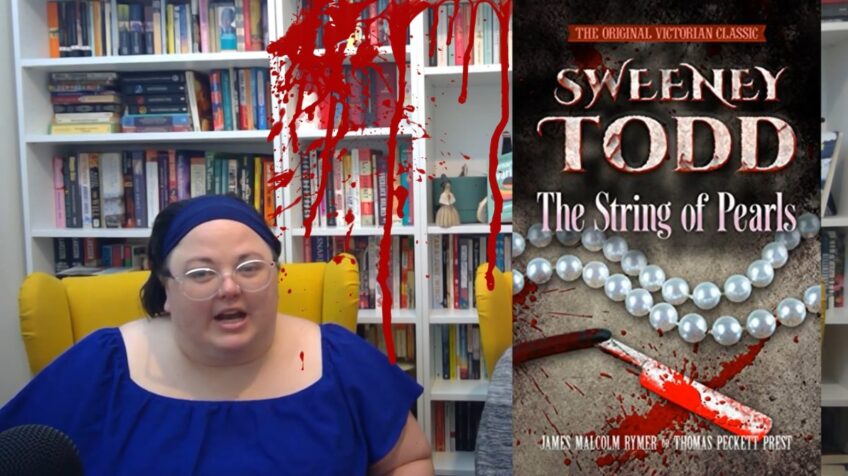
In conclusion, books about cannibalism offer a unique insight into the human psyche and the boundaries of civilization. They can shock, disturb, or enlighten readers, challenging them to confront their deepest fears and values. Whether they depict historical cases of cannibalism, fictional scenarios of survival or horror, or symbolic representations of human nature, these books remind us of the complexity and fragility of human existence.
By exploring the motivations, consequences, and moral dilemmas of cannibalism, they ask us to reflect on our own identity, culture, and ethics. As such, books about cannibalism remain an important and provocative genre of literature, inviting us to question what it means to be human and how far we are willing to go to survive or thrive.

